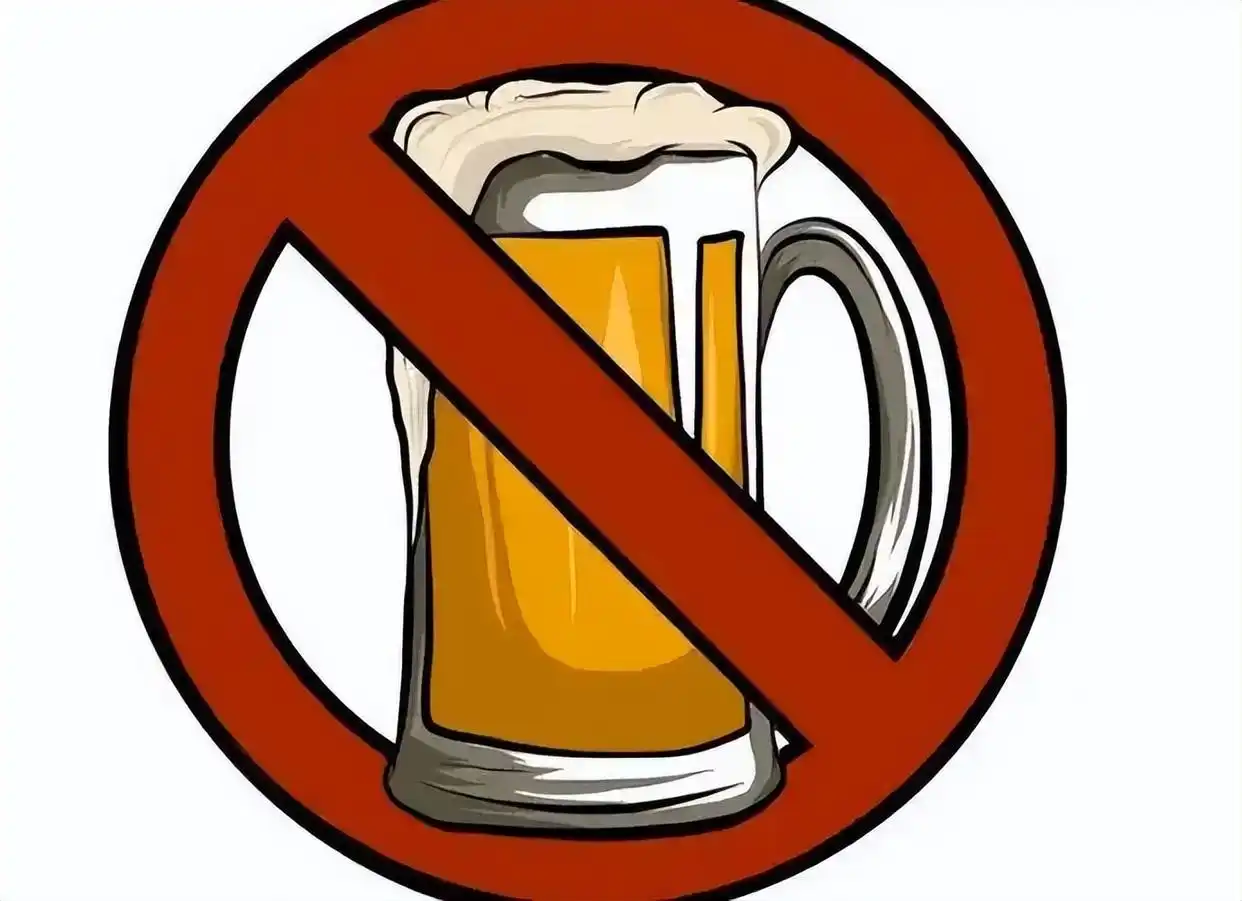As we journey through life, our relationship with alcohol often evolves alongside our changing bodies and lifestyles. What many don't realize is that alcohol's effect on sleep becomes increasingly problematic with age, creating a vicious cycle that's harder to break the longer we continue drinking. Understanding this relationship could be the key to reclaiming restful nights and better health.
The Science Behind Alcohol and Sleep
Alcohol is a sedative that initially promotes sleepiness by enhancing the effects of GABA, a neurotransmitter that slows brain activity. This explains why many people find themselves dozing off more easily after a drink. However, this sedative effect comes at a significant cost to sleep quality.
As alcohol metabolizes throughout the night, it causes rebound arousal in the latter half of sleep. This disrupts the natural sleep architecture, particularly reducing rapid eye movement (REM) sleep and deep slow-wave sleep—the most restorative stages of sleep. The result is that even with adequate time in bed, drinkers wake feeling less refreshed.
Why Aging Amplifies the Problem
The aging process brings natural changes to sleep patterns. Older adults typically experience reduced slow-wave sleep, more frequent nighttime awakenings, and advanced sleep phase syndrome (feeling sleepy earlier in the evening and waking earlier in the morning). These changes make quality sleep increasingly precious—and fragile.
When alcohol is introduced to this already vulnerable system, the consequences multiply. The body's ability to metabolize alcohol slows with age due to decreased liver enzyme activity and reduced body water content. This means alcohol remains in the system longer, extending its disruptive effects on sleep architecture.

Furthermore, age-related conditions like sleep apnea become more common and are significantly exacerbated by alcohol, which relaxes throat muscles and reduces oxygen saturation during sleep. The combination creates a dangerous scenario for cardiovascular health.
The Vicious Cycle of Poor Sleep and Drinking
Many middle-aged and older adults turn to alcohol as a sleep aid, unaware they're creating a self-perpetuating problem. The poor sleep quality caused by drinking leads to daytime fatigue and irritability, which may prompt increased alcohol consumption to cope—thus deepening the cycle.
This pattern is particularly concerning because chronic sleep disruption contributes to serious health issues including cognitive decline, weakened immune function, weight gain, and increased risk of hypertension and diabetes. When combined with regular alcohol consumption, these risks compound significantly.
Breaking Free: Why Quitting Becomes Harder With Time
The longer someone maintains regular drinking patterns, the more challenging cessation becomes. Neuroadaptations occur where the brain adjusts to alcohol's presence, making abstinence initially uncomfortable. Age-related factors like retirement, empty nest syndrome, or loss of social connections can also make alcohol seem like a comforting companion.
However, the benefits of quitting or reducing alcohol are profound and rapid—particularly regarding sleep quality. Studies show that within weeks of cessation, sleep architecture begins to normalize, with increases in restorative deep sleep and REM sleep. Participants consistently report improved daytime alertness, better mood regulation, and enhanced cognitive function.
Practical Strategies for Change
For those looking to improve their sleep by addressing alcohol consumption, several approaches prove effective:
- Gradual reduction rather than abrupt cessation often works better for long-term success
- Establishing new bedtime rituals such as herbal tea, reading, or meditation
- Addressing underlying issues like stress or anxiety that may drive drinking behavior
- Creating environmental changes such as removing alcohol from the home
- Seeking professional support when needed, through counseling or support groups
The Silver Lining: Remarkable Recovery Capacity
Despite the challenges, the human body possesses a remarkable ability to heal. Even after years of alcohol use, sleep patterns can significantly improve within months of reduced consumption or abstinence. The brain's plasticity allows it to recalibrate its sleep regulation systems, often leading to better sleep quality than experienced in years.
The relationship between alcohol and sleep grows more complex with each passing decade, but the solution remains straightforward: reducing or eliminating alcohol consumption provides one of the most effective pathways to reclaiming restful nights and vibrant days. The best time to address this relationship was years ago—the second best time is today.




发表评论